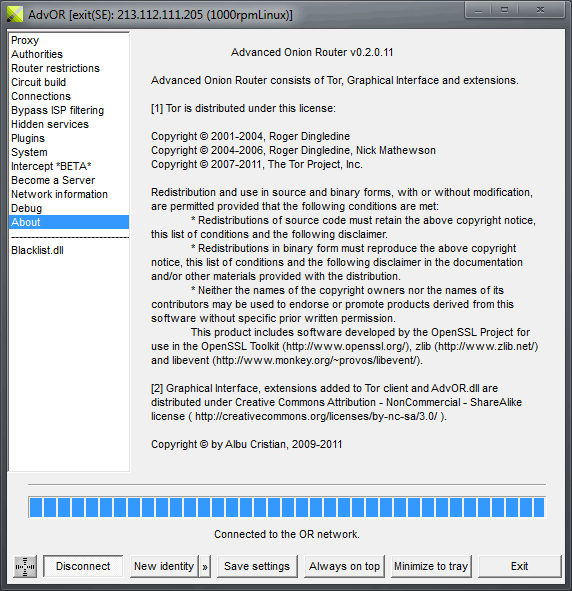
These relays are run by volunteers worldwide.

Tor is open-source software, and the name Tor is an acronym of “The Onion Router” To hide the location and activity of its users, it relies on an overlay network consisting of thousands of relays. If your only concern is “ How can I hide my ip?” then both work fine. While both Tor and VPN provide security and privacy over the internet, the method each of them uses is unique. Related Post: Will Your Internet Be Faster when Connected to a VPN? Difference Between Tor and VPN To better grasp how Tor and a VPN perform on their own, it is crucial to learn the differences between them.

There are no drawbacks for using Tor on its own, but using a VPN alongside Tor can add significant additional layers of security and privacy. This may be useful in countries that block Facebook, for example.Yes, Tor works fine without a VPN. This allows you to access Facebook through Tor, and your connection doesn’t ever leave Tor where it can be snooped on. It also means that someone hosting a website can hide that server using the Tor network, so no one can find it–in theory.įor example, Facebook maintains an official Tor hidden services address at “facebookwkhpilnemxj7asaniu7vnjjbiltxjqhye3mhbshg7kx5tfyd.onion”. This means that your browsing activity can’t be snooped on by someone watching the Tor exit nodes.

A “.onion” address points to a Tor hidden service, which is a server you can only access through Tor. RELATED: Is Tor Really Anonymous and Secure?īut that means that “last mile” of traffic can be snooped on by an organization monitoring or even running the exit nodes–especially if your traffic is unencrypted. Google sees this as the exit node’s IP address contacting it instead of your IP address. That exit node then contacts for you, and it sends you back the data Google responded with. So, when you access through Tor, your request bounces from Tor relay to Tor relay before it reaches an “exit node”. When you connect to Tor, your internet activity is sent through the Tor network, anonymizing your Internet activity so it can’t be snooped on, and so that you can access websites that may be blocked in your country. It’s partially funded by the US government, and is designed to help people in countries where Internet access may be censored or monitored. Tor–short for “the onion router”–is an anonymizing computer network.

RELATED: How to Browse Anonymously With Tor


 0 kommentar(er)
0 kommentar(er)
